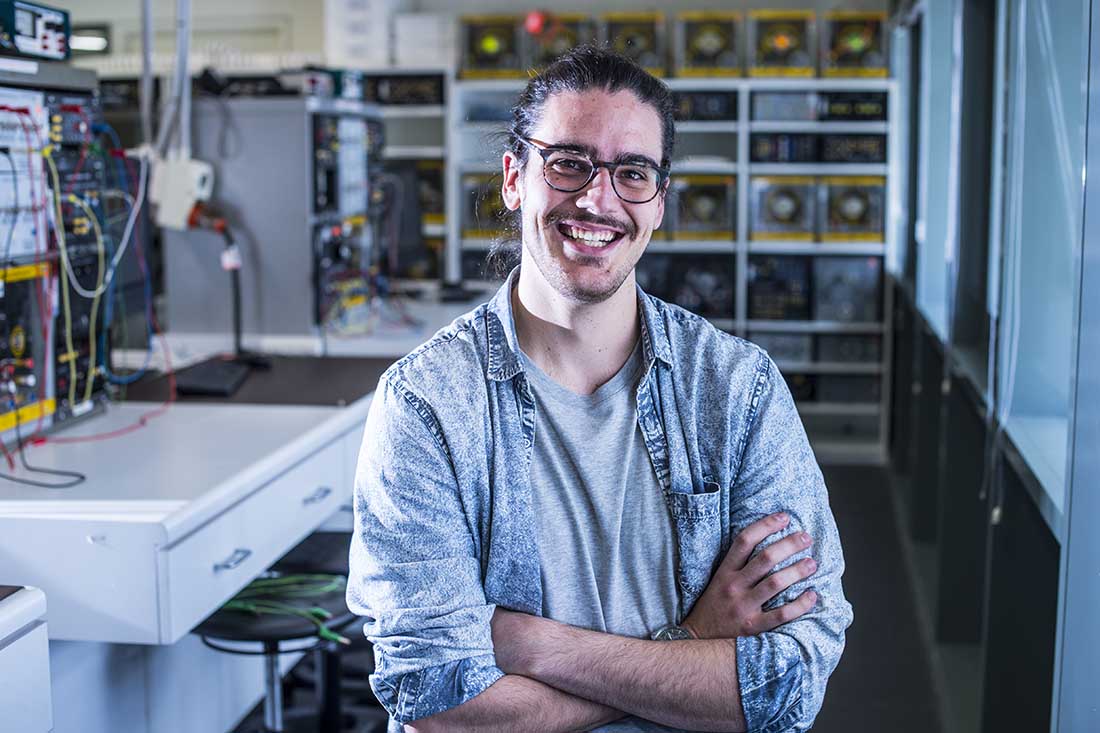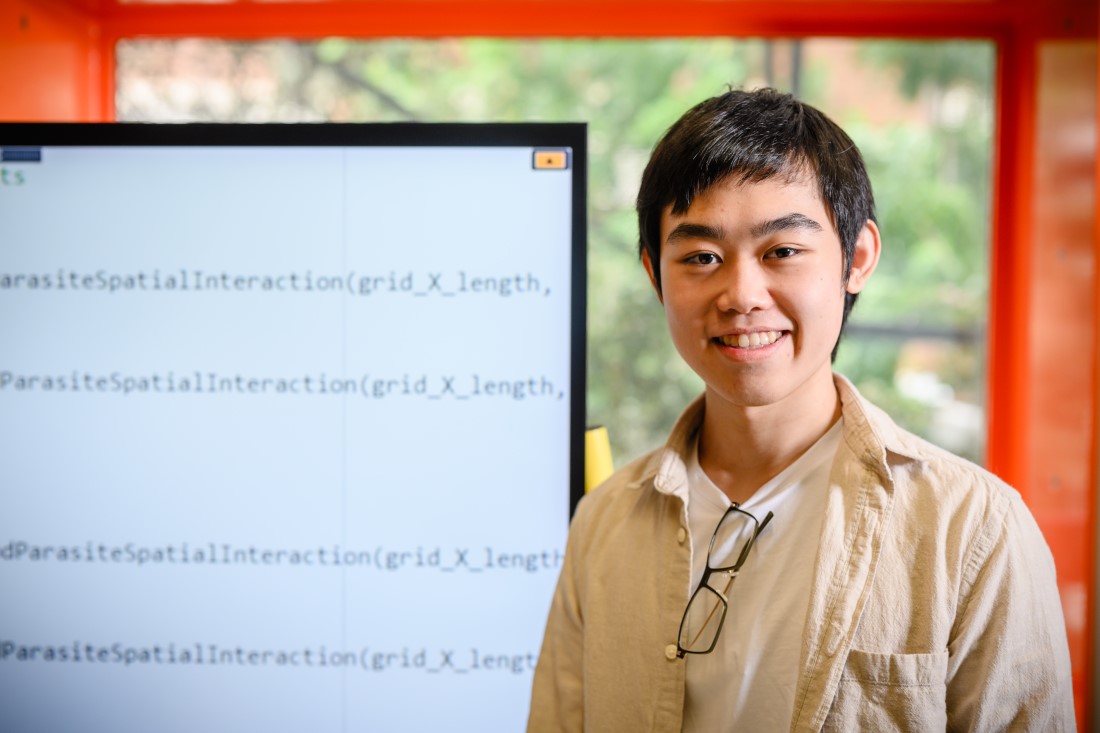Careers and outcomes
This double degree offers you a wide range of career opportunities.
Graduates can work as professional engineers in a variety of discipline areas. Depending on your area of engineering specialisation, you could work with construction companies, environmental specialists, computer manufacturers, communications and digital signal processing products manufacturers, cable and network equipment manufacturers, defence agencies, electricity utilities, mining industry, telecommunications companies, automated systems and robotics, Civil Aviation Safety Authority, or power generation and supply industry.
Many graduates find employment in areas such as communications, railways, electricity supply, hospitals, transport and in organisations that are using electronics, electronic systems, computers and microprocessors to monitor, control, communicate and optimise processes and production, in areas such as mining and aerospace.
Careers and outcomes
This double degree offers you a wide range of career opportunities.
Graduates can work as professional engineers in a variety of discipline areas. Depending on your area of engineering specialisation, you could work with construction companies, environmental specialists, computer manufacturers, communications and digital signal processing product manufacturers, cable and network equipment manufacturers, defence agencies, electricity utilities, mining industry, telecommunications companies, automated systems and robotics, or the power generation and supply industry.
Many graduates find employment in areas such as communications, railways, electricity supply, hospitals, transport and in organisations that are using electronics, electronic systems, computers and microprocessors to monitor, control, communicate and optimise processes and production, in areas such as mining and aerospace.
Professional recognition
All graduates are eligible for an Engineers Australia (EA) membership. EA is a signatory to the Washington Accord, which permits graduates to work in various countries across the world. This course is recognised internationally in the engineering profession, giving QUT graduates more career opportunities overseas.
The Bachelor of Information Technology is Australian Computer Society (ACS) accreditated, giving graduates eligibility for ACS membership, recognition by ACS for certification and migration skills assessment, and international recognition by signatories of the Seoul Accord.
Possible careers
- Aerospace avionics engineer
- Bioengineer
- Biomechanical engineer
- Biomedical engineer
- Civil engineer
- Computer systems engineer
- Electrical engineer
- Engineer
- Environmental engineer
- Information security specialist
- Mechanical engineer
- Medical engineer
- Software engineer
- Transport engineering specialist








